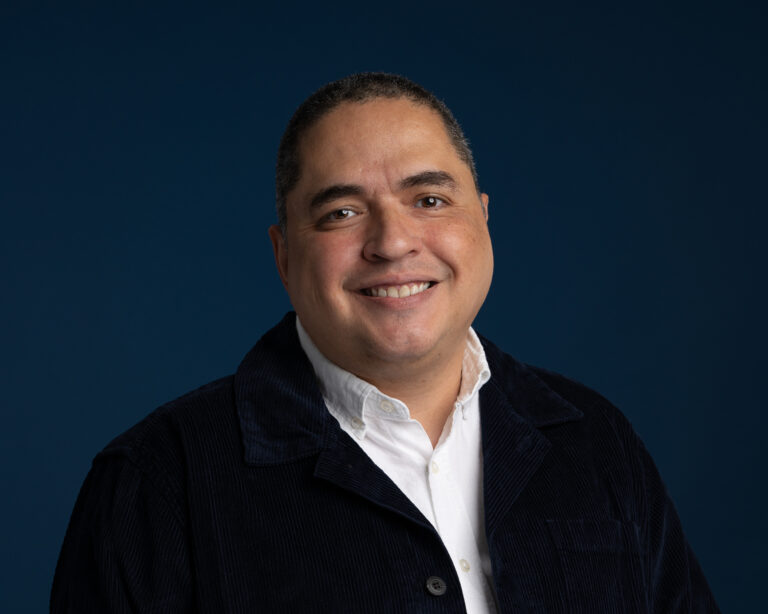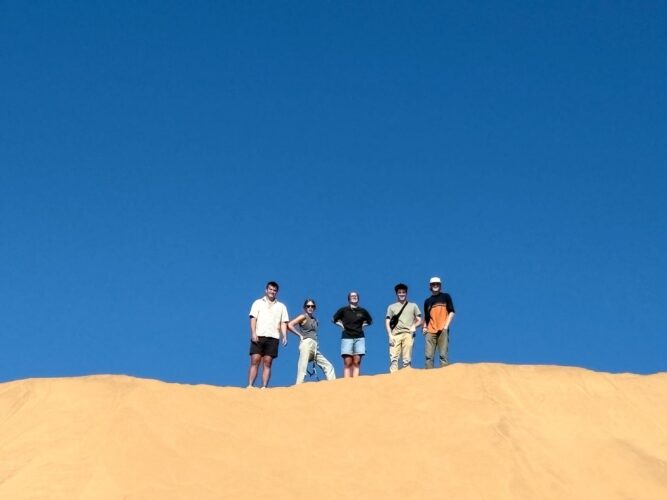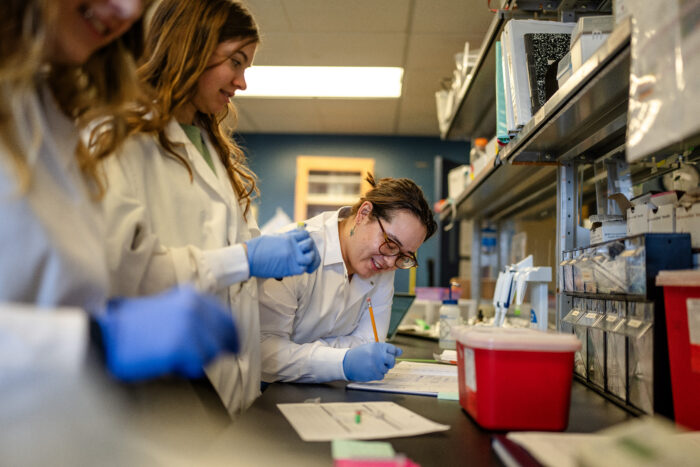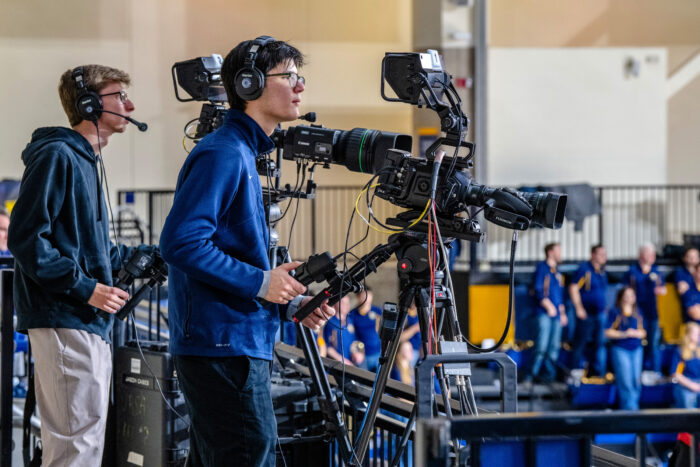Six years ago, Juan Carlos Ampie, director of student media and instructor of practice in the Diederich College of Communication, came to the United States for a two-week family vacation from his native Nicaragua — he was a leading journalist and news producer at the time.
During his stay, the government under dictator Daniel Ortega had stolen his production equipment and unlawfully seized his offices. A wave of journalist kidnappings convinced him to turn the vacation into a permanent move.
Today, Ampie works to set the next generation of journalism students at Marquette on a road paved with ethics and standards.
“I have seen the repression of freedom of expression and freedom of the press as a steppingstone towards destroying democracy; to see such a thing happening in the United States would be a tragedy,” Ampie says. “I am embracing a job where I feel useful. It’s truly a blessing.”
Ampie recently sat down with Marquette Today to chat about his life experiences and perspectives on journalism.
How did you choose media production and writing?
Media production and writing chose me. From an early age, I was fascinated by film and TV. As soon as I could read, I’d take my father’s newspaper and devour the pages. At the moment of choosing my professional path, it seemed an irresponsible indulgence to follow my true passion. It took me getting a law degree to realize that I was never going to work as a lawyer. A part-time job at a local TV station was the push I needed in the right direction.
What was the motivation and process behind creating the Nicaraguan newspaper, La Brújula Semanal?
In the early aughts, there was no such thing as a publication geared toward young, college-age Nicaraguans — neither one dedicated to the things young people like: arts, sports and culture. There was a need and a barrier because students don’t have money to spend on newspapers. We set out to replicate in Nicaragua the model of the free alternative weekly newspapers from the U.S. and Europe.
What aspect of news production was your favorite and why?
Two things about news production captivated me. First, the feeling that what we were doing was helpful. People needed to know and understand what was happening around them, and we could help them with that. Second, the immediacy. I discovered I liked having short-term goals. With a weekly TV newsmagazine on Sunday nights, setting eyes on the prize was relatively easy. It was not too good when allowing for normal weekends, but I was okay with working while others rested. I appreciated how it imposed structure on my life.
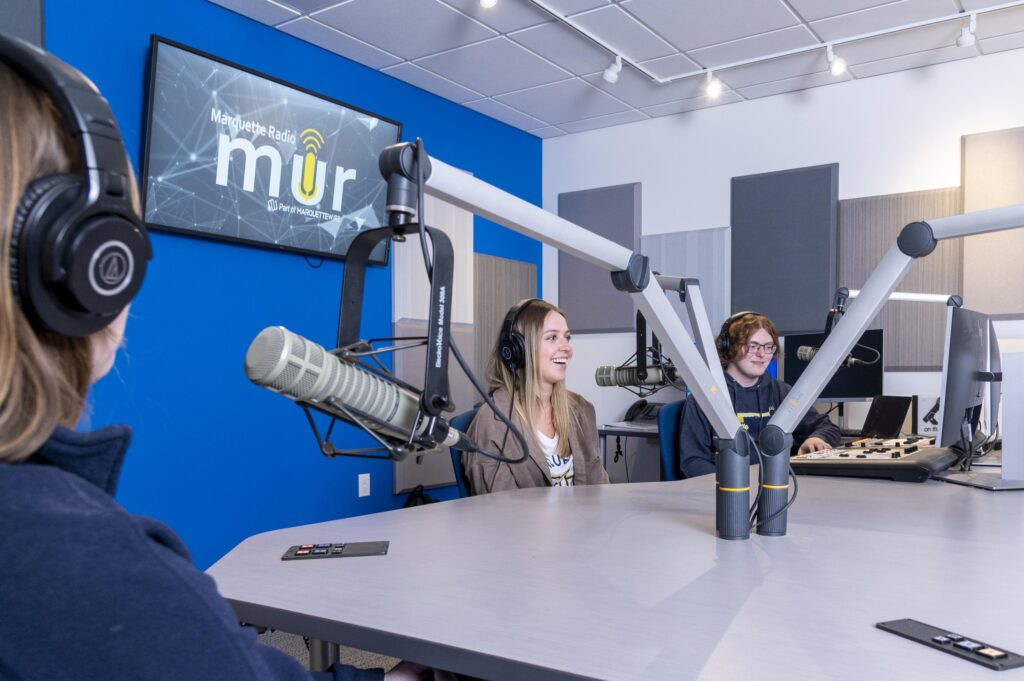
As the new director of student media in the College of Communication, what are your goals?
I want to motivate students to develop more multimedia content. The workplace will demand communicators who are versatile and capable of creating good work in many media forms. It’s also necessary to harmonize legacy media and contemporary modes of consumption. Young people may not have TV as the ultimate stop for their information needs, but the language of television — visual and oral — lives on in the streaming era and the wild frontier of the internet. It’s not just your parents’ TV; it’s all video in the end.
What are some future projects you’re looking forward to?
I’m excited about the possibility of motivating students to create content in Spanish. The growth of the Spanish-speaking population in the United States dovetails with Marquette’s long-term goal of becoming a Hispanic-serving Institution. It also makes a unique opportunity to work across departments, establishing a bond between the Diederich College of Communication and the Department of Languages, Literatures and Cultures. In the long run, this may also make Marquette a more welcoming environment for international Spanish-speaking students.
